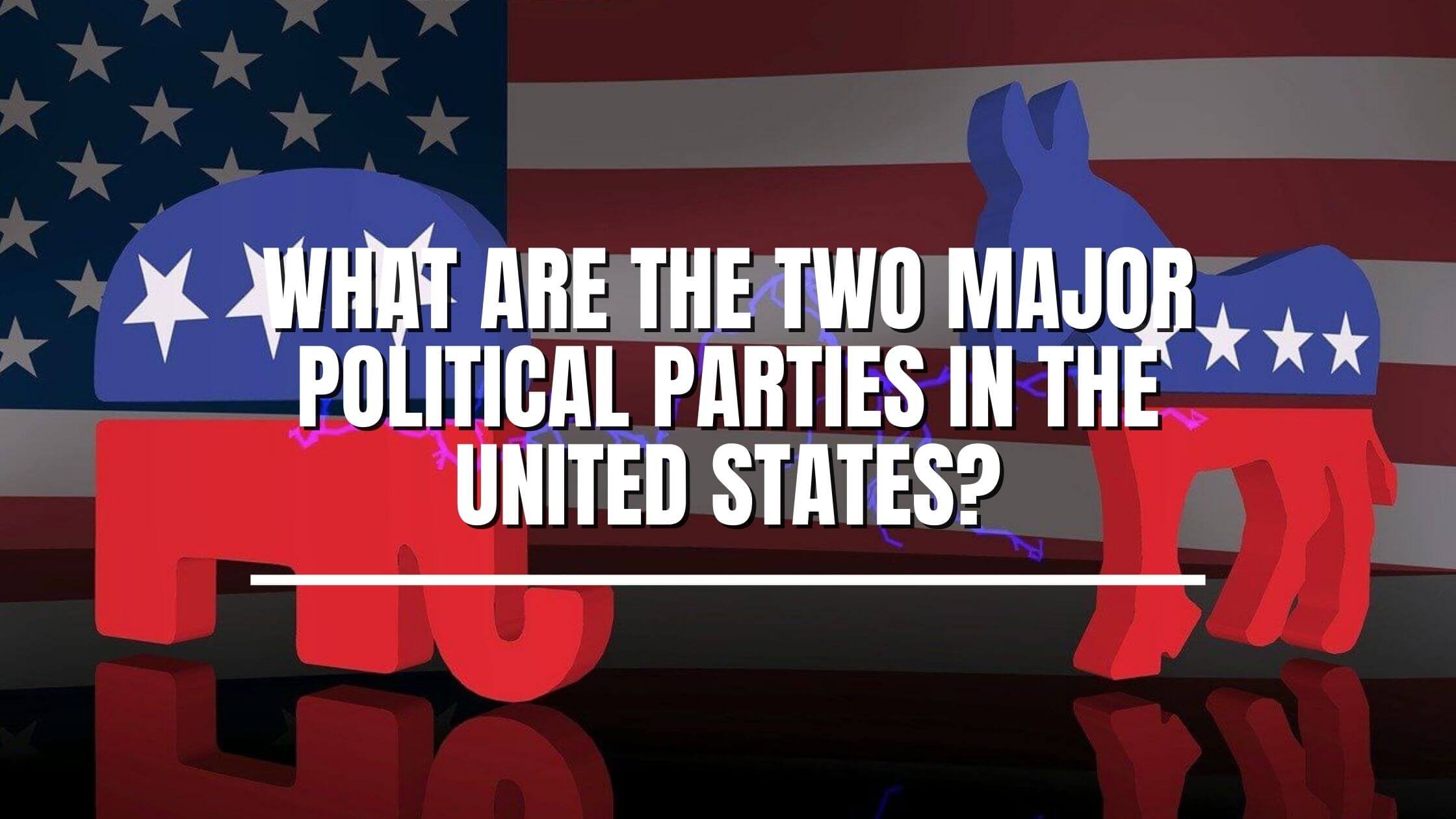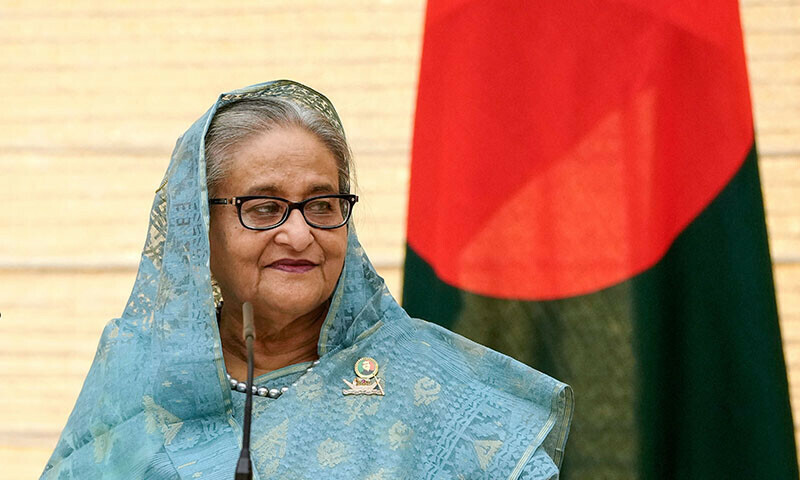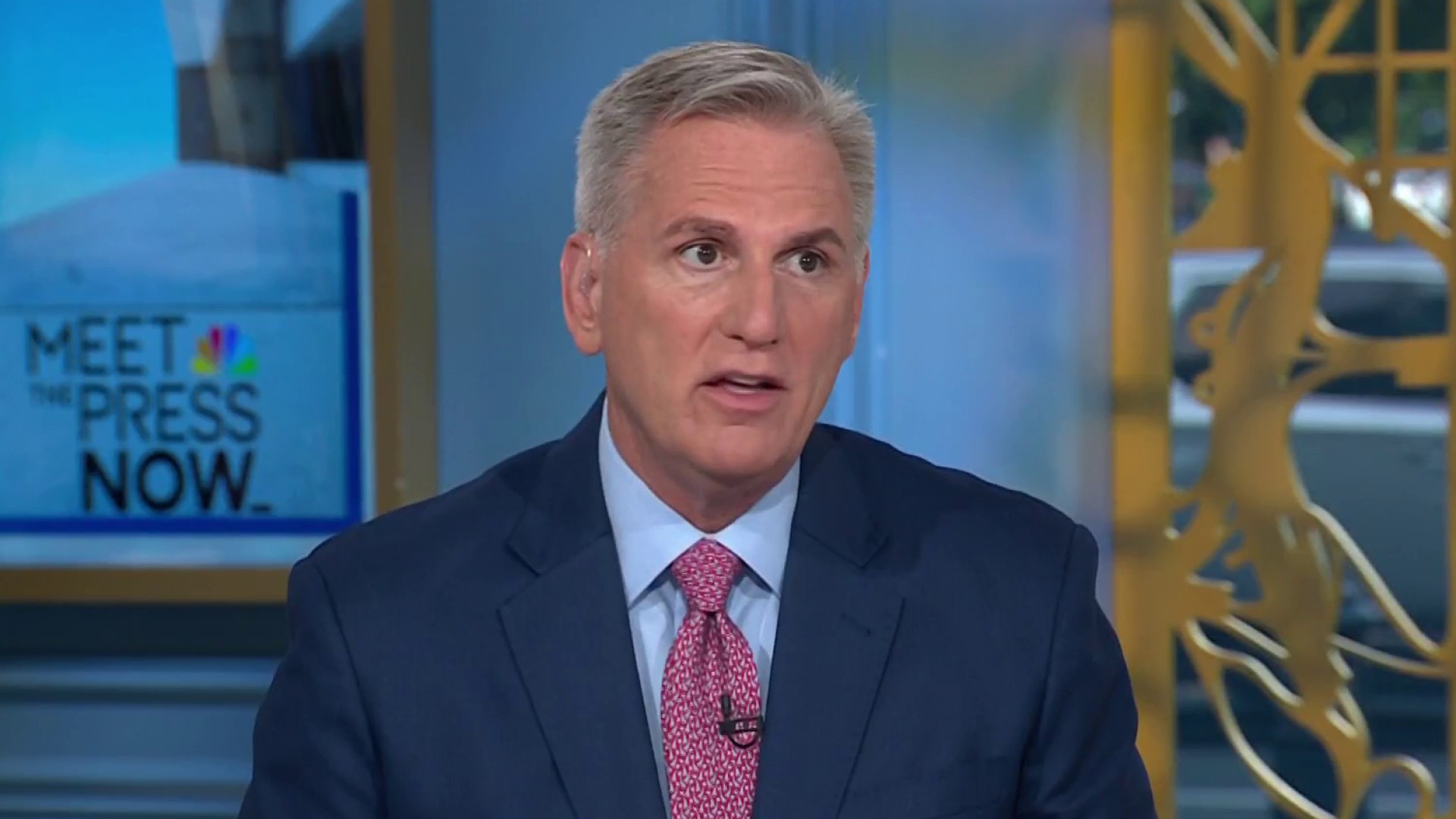Political parties play a crucial role in modern democracies, serving as vehicles for organizing and representing diverse interests and ideologies. They provide a platform for citizens to participate in the political process and hold elected officials accountable.
Key Functions of Political Parties:
- Aggregation of Interests: Political parties bring together people with similar interests and beliefs, providing a unified voice in the political arena.
- Candidate Selection: Parties play a vital role in selecting and supporting candidates for elected office.
- Policy Development: Parties develop and promote policy platforms that reflect their members’ values and priorities.
- Mobilization of Voters: Parties mobilize voters to support their candidates and policies, encouraging participation in the electoral process.
- Accountability: Political parties can be held accountable by voters for their actions and policies.
Types of Political Parties:
- Major Parties: These are the dominant parties in a political system, often holding the majority of seats in government. Examples include the Democratic and Republican parties in the United States.
- Minor Parties: Smaller parties that may hold a few seats in government or have limited influence.
- Ideological Parties: Parties based on a specific ideology, such as socialism, communism, or liberalism.
- Regional Parties: Parties that focus on representing the interests of a particular region or geographic area.
Challenges Facing Political Parties:
- Declining Membership: Many political parties are facing declining membership rates, as more citizens become disillusioned with traditional politics.
- Increasing Polarization: Political polarization is on the rise in many countries, leading to gridlock and a lack of compromise.
- Funding Challenges: Political parties rely on donations and fundraising to support their activities, and these sources of funding can be challenging to secure.
- The Rise of Independent Candidates: The increasing popularity of independent candidates is challenging the dominance of traditional political parties.
The Future of Political Parties:
The future of political parties is uncertain, as they face a number of challenges in the 21st century. However, there is also potential for innovation and adaptation. By embracing new technologies, engaging with younger voters, and promoting diversity and inclusion, political parties can continue to play a vital role in democratic societies.



